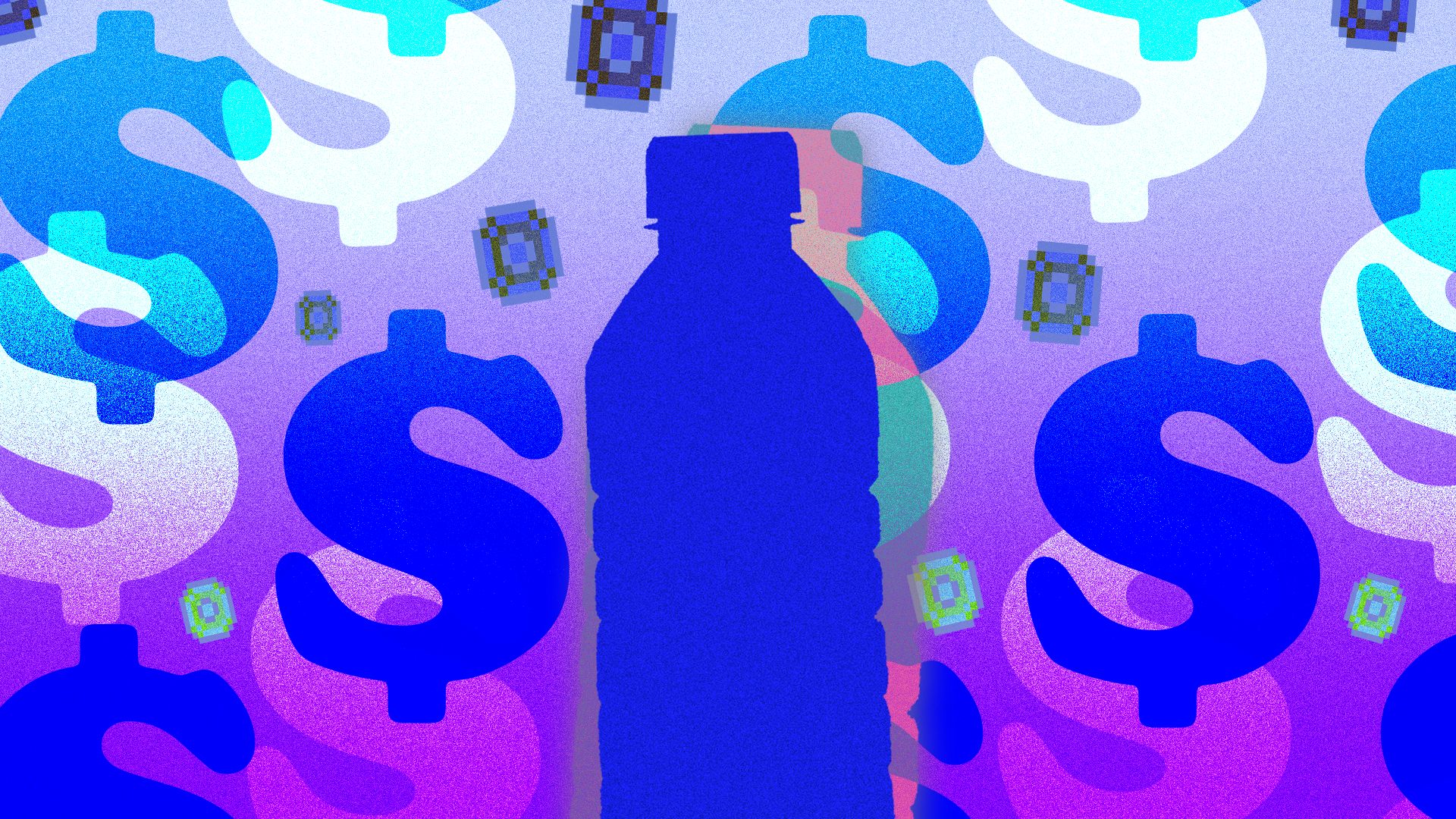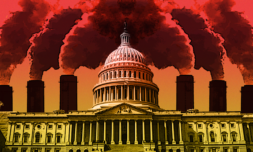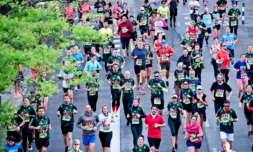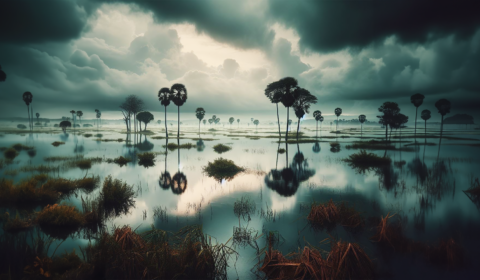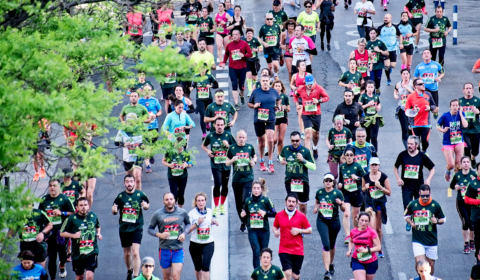Ever thought about why we choose to spend money on something we can get free from the tap? Is there really any benefit to drinking bottled water – or is this $283 billion industry the ultimate case study in powerful marketing?
Water has always been the de-facto drink for achieving health and wellness. This narrative has ensured bottled water is one of our favourite beverages, with market giants like Nestle and Coca-Cola using age-old marketing tactics to encourage us to buy.
And it’s certainly no cheap purchase; Americans alone spend a whopping $16 billion a year on bottled water – despite 74% of the global population having access to clean water from the tap.
So why exactly do we keep consuming? The answer is simply that drinks corporations have exploited our health concerns, transforming water from a basic human right into a desirable commodity.
When you look at a bottle of water in the supermarket fridge, it’s hard to resist its pull. On a hot day, the crisp blue plastic and the icy mountain range printed on the label represent everything we’ve come to consider ‘pure’, ‘clean’, and ‘healthy’.
Terms like ‘mountain water’ and ‘glacier water’ are associated with the most popular brands, and conjure visions of a glistening pool of crystal clear blue nestled at the top of a picturesque alp.
While it’s nice to imagine the bottles in our fridge start life this way, carrying all their purity and wellness with them when we gulp them down, the reality is that bottled water and tap water are – for all intents and purposes – exactly the same.
As it turns out, terms like ‘mountain water’ are entirely unregulated and often unfounded, as brands aren’t legally required to divulge where they source their water from.
According to The Good For Co, 45% of bottled water in the USA is just regular tap water which has been run through a filter. Today, similar filtration systems are easily accessible and can be used at home.
The other 55% come from ‘spring water’, where water naturally flows to the Earth’s surface or is pumped through a bore hole in the ground.
And even if we put aside our health concerns surrounding tap vs bottled water, most of us are unable to really taste the difference. A recent blind taste test by students at Boston University found that only a third of taste-testers could correctly identify tap water over bottled.
It’s understandable that countries with little access to clean water would turn to bottled alternatives, but in Europe and the US, tap and bottled water are comparable in terms of quality and taste.
The EWG has even suggested that tap water may be healthier, as it’s regulated more often. And the microplastic particles in bottles can also contaminate the water inside.
Despite bottled water being a relatively pointless investment, we’re still drinking it more year-on-year. Across the globe, people are drinking roughly 10% more bottled water each year, with the US and China ranking top of the list for consuming the most.
At 48.5 billion litres per person, Americans are drinking more bottled water than milk or beer.
Besides the multi-billion dollar cost to our bank accounts, pre-packaged water is also hugely detrimental to the planet.
Throughout its life, a single plastic water bottle uses fossil fuels, contributes to global warming, and ultimately causes ongoing pollution.
To meet our annual demand, more than 17 million barrels of oil are required to produce enough disposable plastic bottles for America alone.
Once produced, bottles are rarely recycled and end up washing into the ocean, which – according to Worldwide Boat – kills an estimated 1.1 million marine animals a year.









